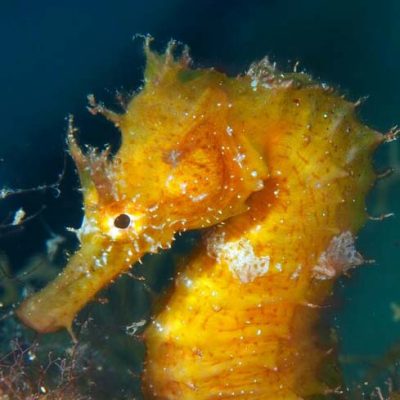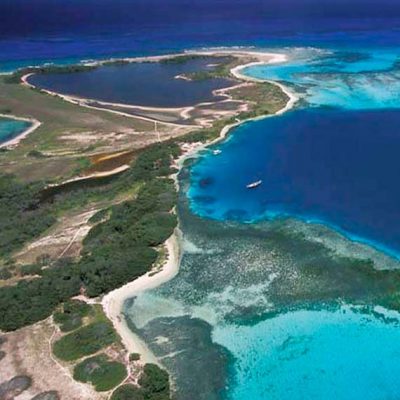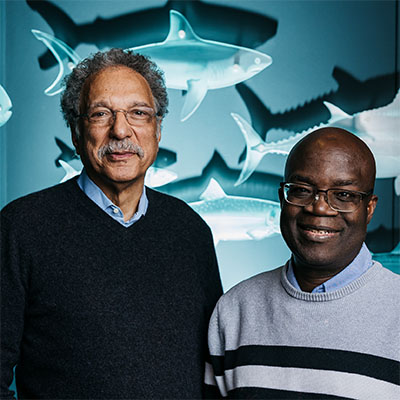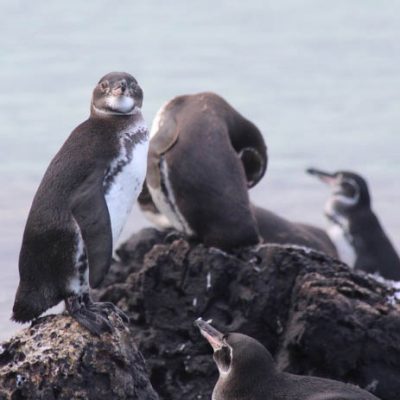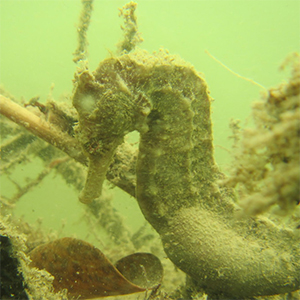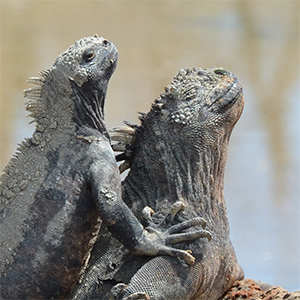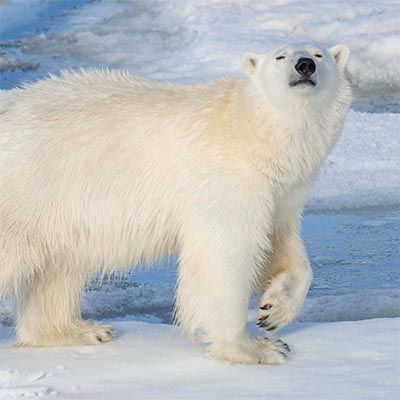All-woman crew of marine scientists rowing 5,000 km non-stop for ocean conservation
The all-woman ‘Salty Science’ crew is taking part in the World’s Toughest Row – Atlantic 2023, where teams row without stopping and without support from San Sebastian de La Gomera in The Canary Islands to Nelson’s Dockyard in Antigua.
Global seahorse conservation platform celebrates citizen science milestone
Dennis Rabeling’s observation of the short-snouted seahorse (Hippocampus hippocampus) species, was citizen community science platform iSeahorse’s 10,000th observation.
Paper Park Index helps identify 55 unprotected marine protected areas
Most of the ‘paper parks’ – or MPAs that fall short of safeguarding marine biodiversity – are located in Latin America and the Caribbean.
2023 Tyler Prize for Environmental Achievement: Daniel Pauly and Rashid Sumaila are winners
The UBC Institute for the Oceans and Fisheries professors say winning this prize gives them an opportunity to spread an urgent and evidence-based message: all fishing on the high seas should be banned.
Team of four marine biologists taking on the Atlantic Ocean Challenge
The team of marine biologists, including IOF Master’s student Lauren Shea, will row across the Atlantic Ocean – a race that will run 24 hours a day for almost 2 months
‘This is a wake-up call for the world’: UBC researchers at the forefront of championing for change
The Galápagos islands are under severe threat from ocean pollution, climate change, and illegal, unregulated, and unreported (IUU) fishing pressures
New Working Paper: A practical approach to meeting national obligations for sustainable trade under CITES
This pragmatic geographic analysis provides managers in India with a tractable route towards regulating seahorse exports at sustainable levels.
Nature, society, and culture should be taken into consideration when dealing with climate change
The Nature Futures Framework (NFF) can include Indigenous stakeholders, local expertise, and different knowledge systems in conversation efforts.
Ecologists and mental health researchers unite to improve patient care, save wild animals using Fitbit-like devices
Narwhals, sharks, and polar bears can help medical professionals improve care for patients with mental health struggles – and patients with conditions such as depression and bipolar disorder can offer insights that will help the conservation of many wild animals.
FCRR: Identifying national conservation status, legislation and priorities for syngnathid fishes globally
This research, conducted by Project Seahorse, provides in-depth assessments on the gaps in global extinction risk assessments with particular focus on Syngnathid fishes (seahorses, pipefishes, pipehorses, and seadragons).

